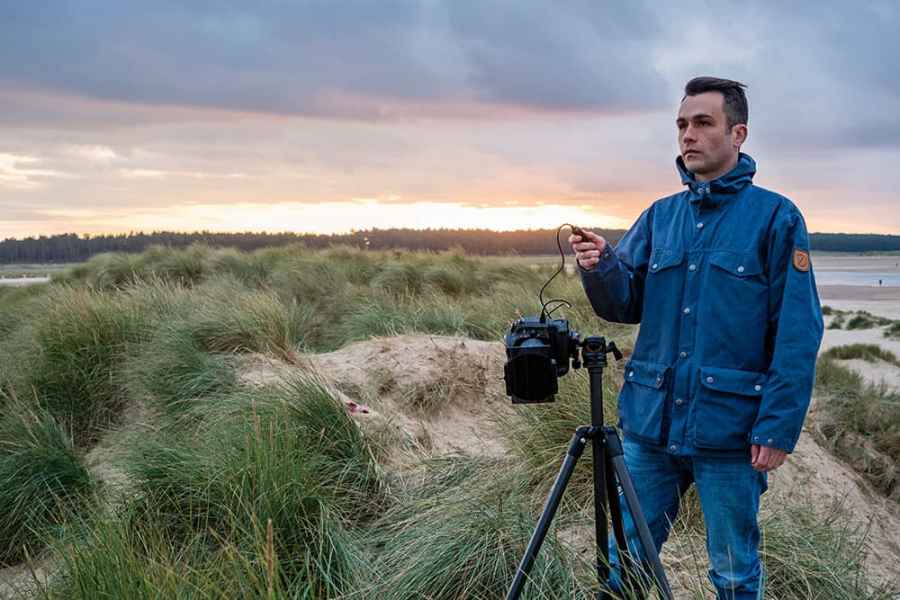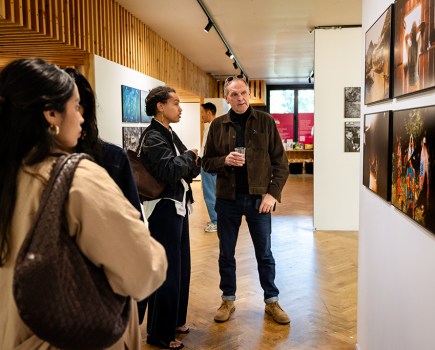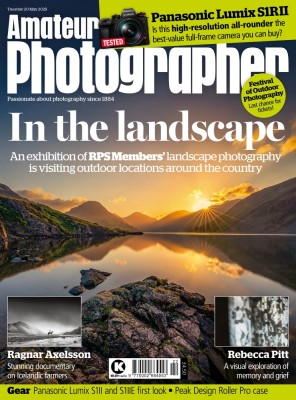It is far from clear when the current lockdown restrictions will lift across the UK, and there is a lot of speculation that the restrictions will be further tightened. Britain has one of the worst mortality and infection rates in the world, despite the promise of widespread vaccination bringing down the numbers. So where does this leave photographers, both amateur and professional? Can you still go out and take photos during the lockdown?
As the response to our recent interview with landscape and nature photographer Ross Hoddinott reveals on Facebook, a lot of readers still have many questions. Can pros drive longer distances and take photographs as part of their jobs? As an amateur, can I also spend time taking photos during my daily exercise? Will there be an exception for photography because of its mental health benefits, as with angling? (update: this exemption has been withdrawn, according to the Department of Culture, Media and Sport).
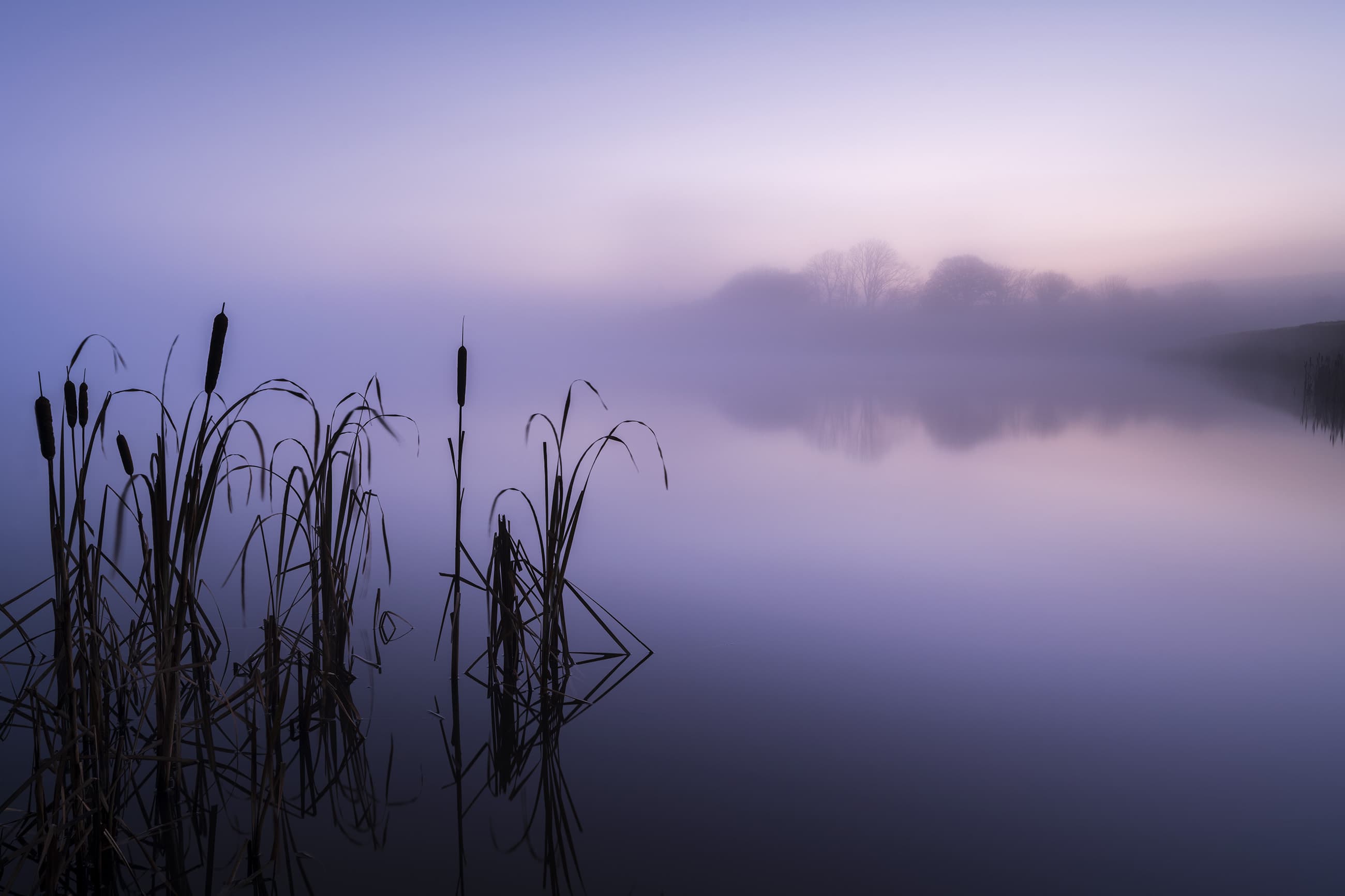
Pro landscape photographers are allowed to travel to take photos as part of their job. Picture credit Ross Hoddinott
Here is our understanding of where things stand at the moment. Please note that while we wait for further official clarification, this should not be taken as legal advice in any shape or form, it is merely our interpretation of current regulations.
Please note also that for the purposes of space, our explainer is mainly focussed on the rules for England. If you live in Wales, Scotland or Northern Ireland, many of the restrictions are similar but you need to check them out for your specific region. The Institute of Government has also put together an easily digestible guide here.
Amateur photography
* Despite the recognition that predominantly solitary outdoor pursuits such as angling bring positive mental health benefits during lockdown, you are not allowed to go out specifically for recreational or leisure purposes, including photography.
* However, there is nothing to say you cannot take photographs or record video as part of your daily exercise. You are allowed to go out once a day to exercise in public outdoor spaces (parks, beaches, countryside, forests, public gardens, etc) provided you stay local. The police can and will stop people who drive out out of their local area for exercise and it looks as if they will become even stricter about enforcing fines or turning people back.
We contacted the Department of Culture, Media and Sport for further details, who commented as follows. “It goes back to applying common sense. We’ve made clear that basic exercise is allowed. So if you’re on the move whilst doing photography, then yes that should be fine. See the guidance here.”
* Setting up a tripod or lighting gear at the moment is likely to attract official attention, so unless you are professional photographer, this is best avoided.
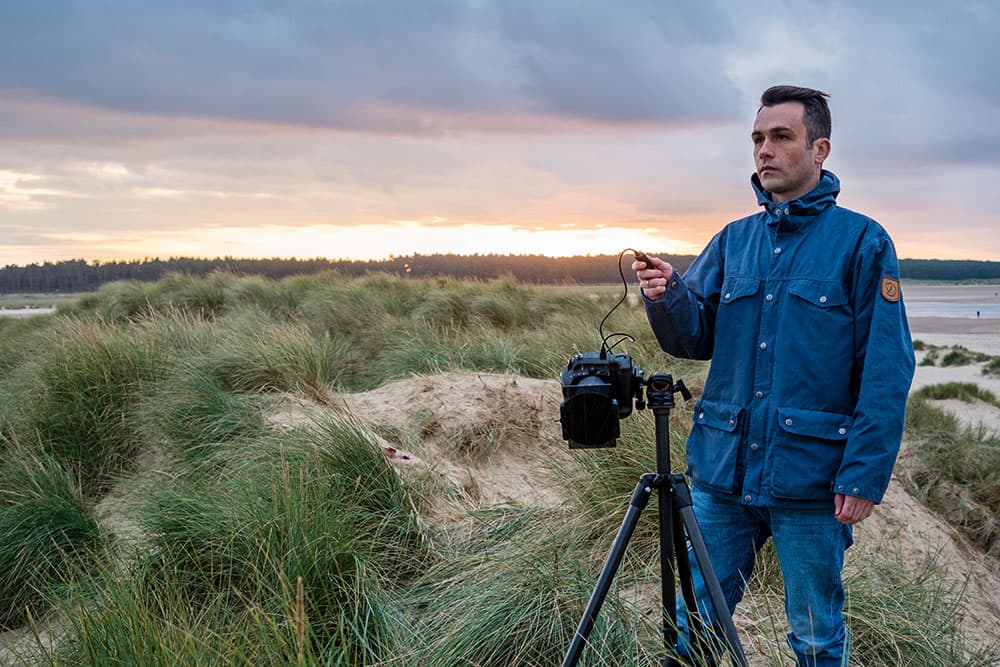
* When you are taking photos as part of your daily exercise, you can only be alone, with your household, the people you live with or your support bubble. You are allowed to go out for exercise with one person from another household at the moment. Regardless of your individual circumstances and who you are with, social distancing must be respected.
* You can take photographs around your home or garden, either alone or with others within your household or support bubble.
* Face to face meetings with other photographers as a ‘group leisure activity’, eg camera club meetings, are not allowed. Online meetings are fine and many camera clubs and photographic societies are organising these.
Professional photography
* As you are allowed to travel for work purposes, when you are unable to work from home, it is OK to travel for the purpose of taking photographs – for example if you are a professional landscape or nature photographer.
How far you are allowed to travel remains ambiguous; we assume you can travel any distance as it’s work related and can’t be done at home (eg a landscape shooter going from Bournemouth to Cumbria to take images of the Lake District to be sold commercially). We are still seeking clarification on this.
Travel photographers who need to work overseas should consult the official government advice here.* There is still ambiguity about portrait photography – presumably it is OK if you shoot a professional model on a booking in your studio if it is Covid secure and you and keep social distancing – but you may attend a wedding, civil partnership or religious ceremony in your capacity as a professional photographer. However, there are a lot of restrictions on how weddings can take place – the BBC has put together a good guide here. Receptions are not allowed.
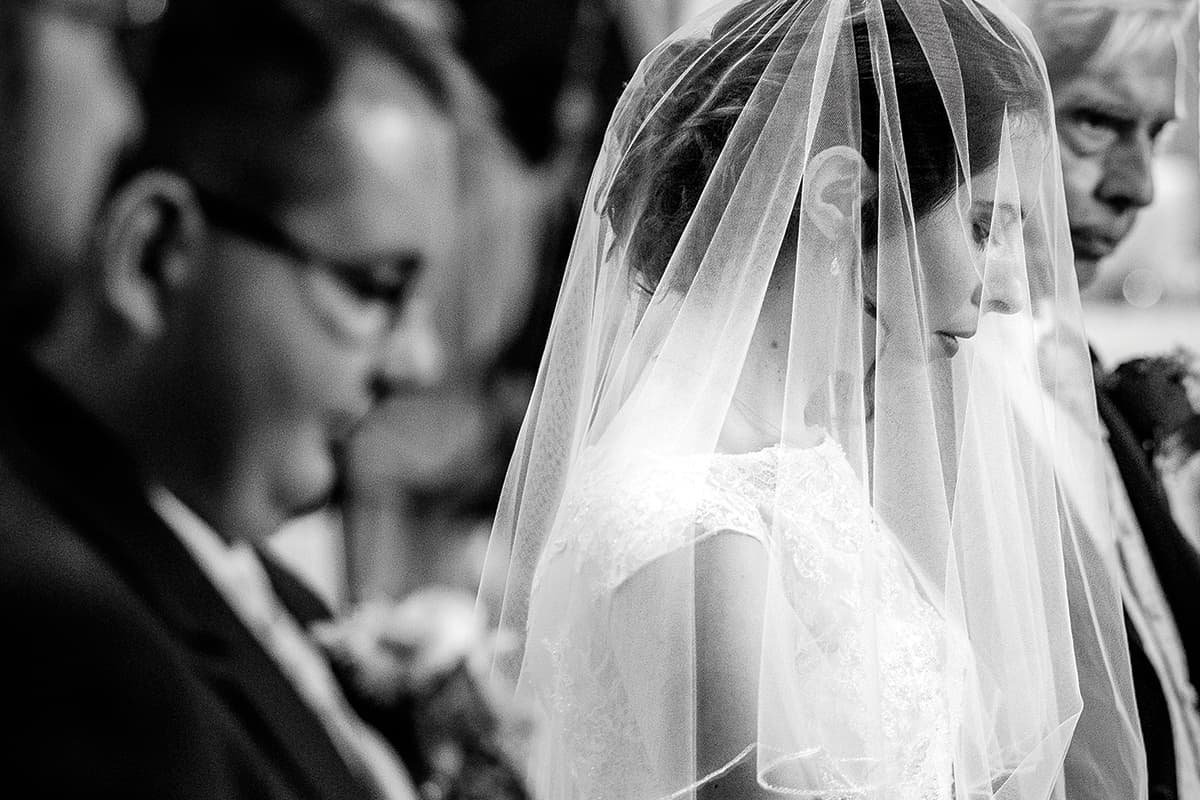
Picture credit: Rich Sanderson
* Photo journalists and broadcasters are considered key workers. So you can travel to take photographs or record video as part of your work and you are exempt from travel restrictions. You should carry a valid NUJ or IFJ press card or other professional credentials in case you are stopped.
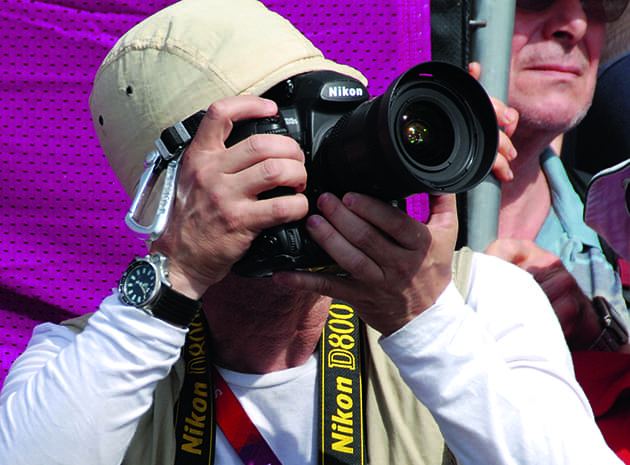
* If you are employed or work as a photographer for the police, armed forces, or other key public service employers, you are also a key worker and your employer will determine when and how you should be working to minimise any risk to you or others
* If you employed as a photographer in another capacity, the government advice is as follows. “Employers and employees should discuss their working arrangements, and employers should take every possible step to facilitate their employees working from home, including providing suitable IT and equipment to enable remote working. Where people cannot work from home, employers should take steps to help employees avoid busy times and routes on public transport.”
* Certain jobs within photography are exempt from normal international travel restrictions in to England, including self-isolating, subject to a clear COVID test and filling out forms. These include director of photography on advertising productions, journalists, and television and film production roles. This is quite a complex issue, so check out the link here for more details on roles which are exempt from travel restrictions.
Further reading
Thanks to the RPS, which has put together an excellent guide to its understanding of how the lockdowns affect photographers, as has the Association of Photographers. The AOP guide also includes some useful information on the government support available to photography businesses.

